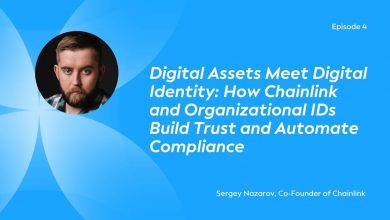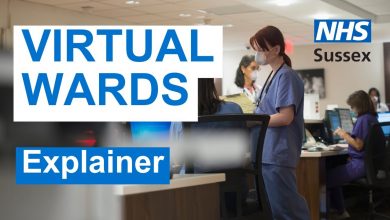Agile Digital Transformation exemplar case study – Registers of Scotland
RoS offers a blueprint for developing the Agile skills required to drive Digital Transformation.
At 400 years old the Registers of Scotland is the world’s oldest public land register, but today act as a beacon of excellence in harnessing technology modernization towards this goal, for all of Scotland’s public sector to follow.
They have embraced Agile development practices, and this greater depth of technical skills enables more proactive innovation and development of new digital services, such as ScotLIS, a “one stop shop digital database for land and information services”.
This is an online land and information system that will ultimately allow citizens, communities, professionals and business users to find out comprehensive information about any piece of land or property in Scotland with a single enquiry.
Their Youtube channel provides this introduction, and a walk through of the service for business users, as well as an equivalent for the ‘Digital Discharge Service’.
This is a first key, notable point about RoS, their online engagement and ‘brand’ imagery and resources are very high quality. They also have in place the basics of online engagement tools, such as Facebook, Linkedin and Twitter accounts, as well as a well stocked, nicely produced Youtube library.
Firstly this means a very informative interface for their public and customers. RoS has a range of customers including solicitors, estate agents, construction companies, central government and local authorities among others, whose requirements provide the focus of their award winning Digital Transformation program.
This includes better utlizing their data to personalize online services, like producing bespoke reports for clients such as the Royal Bank of Scotland case study, which describes how they provide weekly reports to eliminate the considerable manual workfload the bank mortgage team faced when monitoring their applications.
The registers are central to a range of industry workflows, for example the Development Plan Approval is used for new housing developments, and they have improved this process by working collaboratively with key users like house builders and solicitors, as described in video interviews with Taylor Wimpey and Gillespie MacAndrew.
Building Digital Skills
Cultivating the skills required to achieve these improvements highlights the importance of other Scottish initiatives such as CodeClan.
Noting that they didn’t have the right skills and experience in place they took the following actions:
- Internal staff and contractors took part in an ongoing Agile training programme which aimed at producing a number of accredited practitioners.
- The executive management team received introductory Agile training. This helped them understand the process and the information they needed to oversee the project.
- RoS recruited an Agile coach to help make this approach an integral part of its organisational culture so that it can be used for future projects.
RoS is now using Agile delivery for its major Business Transformation Programme. It has established Agile delivery, supported by investment and training, as its preferred route to maintain quality, customer focus and flexibility. RoS has continued to provide Agile training to all levels of the organisation, with around 150 staff now trained in Agile and six in Agile coaching.
As described in this blog, RoS undertakes a program of ‘Developing the Developers’, building skills across essential functions such as Agile Scrum masters, UX design and Business Analysis, and have sourced some of these talented individuals by recruiting CodeClan graduates.
Government as a Platform
This combination of skills development and innovation culture yields key progress steps and assets.
For example RoS are also pioneering ‘Government as a Platform‘, the central feature being a software API that enables third parties to build upon your systems and extend them in new, innovative ways, a key goal stated by the Scottish Government in their Digital Economy action plan.
RoS presents API Services, with supporting documentation, offering programmatic access to services such as the Land Register. As explained in this blog this enables their customers to embed their services directly into their own workflow systems, such as legal firms like Russell & Aitken who have leveraged the API to integrate the process into their own internal case management application to better streamline their own business operations.
Innovation Futures
Equally and very importantly RoS also proactively engenders an overall culture of innovation, an entrepreneurial focus on how these technology developments can best impact and help the organization and its customers.
As they highlight on their blog RoS has established innovation centres, to cultivate exactly this type of organizational brainstorming, through a variety of activities such as hosting guests to share their experiences.




